
Every week I assess dozens of websites. Sometimes I’m looking at them as a professional copywriter, other times as an ordinary consumer.
And the area that seems to be lacking on most of them is the About page. It’s usually either missing completely or written so poorly that it’s almost a waste of space.
That’s a shame.
Those businesses and non-profits are missing out on a practically free source of internet traffic and potential revenue.
Even worse, they miss out on the chance to gain the kind of clients they want, and the chance to avoid wasting time on clients they don’t want.
I’ve never seen any business or non-profit that couldn’t benefit from a good About page.
And it is so easy to fix! All you have to do is add an extra page to your website or tighten up the existing copy.
So let’s take a look at this simple move that can turn out to be the difference between gaining a new client or losing one.
Why you need an About page
“C,mon Ted, is an About page really going to make a difference in my sales?”
Yes! It can be one of the best returns on investment on your website. Here’s why.
1. About pages drive organic traffic to your website
A few weeks ago, I had some house locks going south on me. So, I Googled “Locksmith in Bossier City.” The top listing was Louisiana Lock and Key. And they came up first in the organic search because those keywords were on their About page.
Sure, there were some Google guaranteed ads that were above it, but those cost money.
Louisiana Lock and Key drew me in for free.
You’ll need a little SEO savvy to make this work, but that’s an article for another day.
No matter how you chalk it up, people like to feel comfortable when they are doing business. In my case with the locksmith, that about page went a long way in putting me at ease. They were going to be in the house when my wife was home alone, so it was kind of a big deal for me.
2. About pages build connections between you and your clients
She wasn’t worried at all, but hey, I’m the customer, right? I mean, I’m not wanting to sit down and have a beer with these guys, but I do need to know they aren’t fresh out of the clink for a breaking and entering conviction.
Anyhow, I looked at a few other locksmiths, but they either didn’t have an About page or nothing on it really put my mind at ease.
So, these guys got my business. And that’s the power of the About page.
“Okay, Ted,” I hear you say. “That’s fine for a local business, but my business is a service for people across the nation.”
Doesn’t matter.
When people come to your website they are looking to solve a problem, but unless they trust you, they probably won’t do business with you.
One of my favorite examples is I’veTriedThat, a website dedicated to protecting their consumers from being scammed by online businesses.
To do that, they vet businesses that claim to help people make money online and they post the legitimate ones.
For skeptics, like myself, even that is suspicious.
So the owner, Steve Rasinski, counters that concern in his About page.
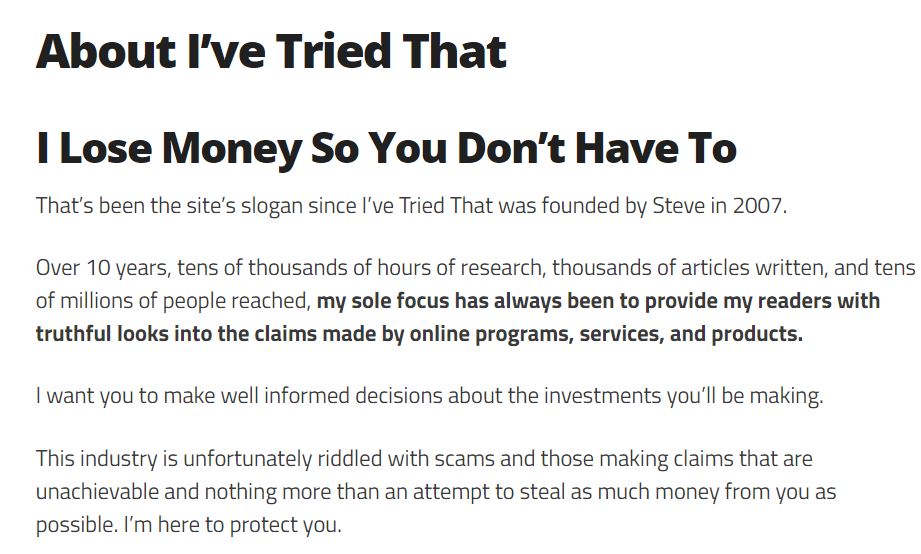
Right out of the gates, his tagline “I lose money so you don’t have to” establishes a sense of trust. Hey, this guy is taking a hit for me!
He goes on to discuss why he got started (he got scammed), how he vets businesses, and what credible, well-known sources have vetted him. By the time you complete this About page, you feel like you’ve known him all your life.
Without his strong About page, it would be too easy to assume Rasinski was taking money from scammers and trying to make them look legit.
He wouldn’t be the first to be a shyster for other shysters!
My only gripe is that his About page tag is now buried at the bottom of his home page. Before he became more well-known, it was much more prominent.
3. It’s another chance to convey benefits
When consumers first visit your page, they are usually trying to figure out one single question: “What’s in it for me?”
That may sound a little cynical, but it’s true. Their intentions for visiting may be noble, but they still came with an objective in mind and they want to know if you can meet it.
Your About page is another great opportunity to answer that question. And that’s exactly what I try to do on my About page.
(Okay, brace yourself for a graceless, shameless, self-promotional plug.)
This snippet lays out exactly what potential clients can expect. It’s designed to put them at ease and let them know exactly what they will get for their money.
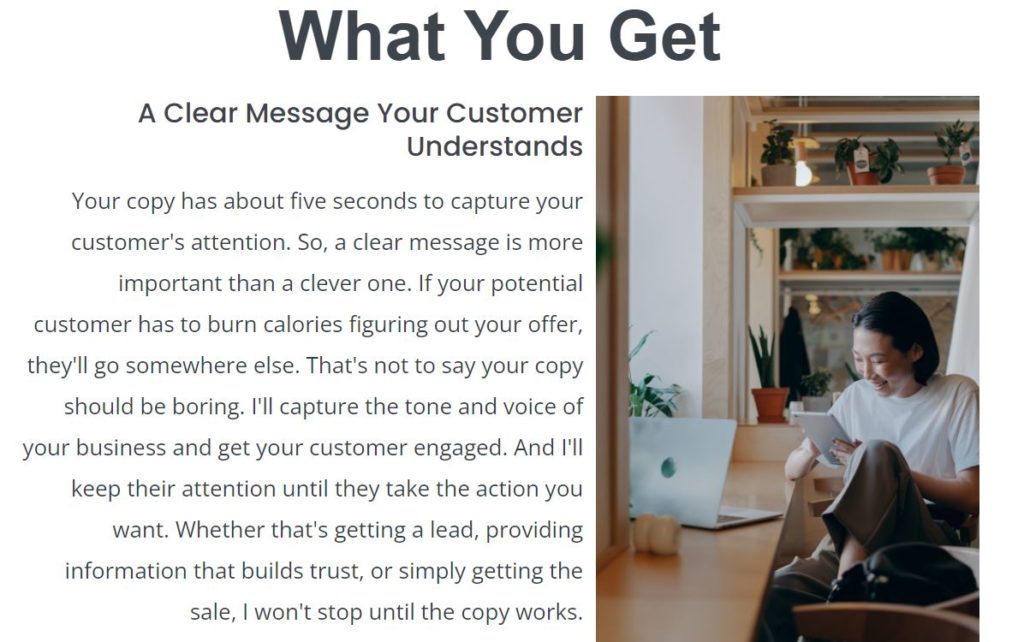
4. It can invite in ideal customers (and filter out crappy ones)
Anyone who’s been in business has some sense of their ideal client. They are the ones that get the importance of what you do and value your professionalism.
Of course, too many of us know the reverse side of that happy scenario. I won’t go into the gory details, but we all know who they are.
And we wish they’d never darkened our door.
They wasted our time and money all while making our lives just a little more miserable.
Your About page can go a long way in attracting good customers, the ones that will establish relationships that help both of you reach your goals.
That’s exactly what Thunderstruck Marketing does with their website. They don’t have an About page specifically, but they lay out their relationship expectations in a very positive way on their “Our Work” page.
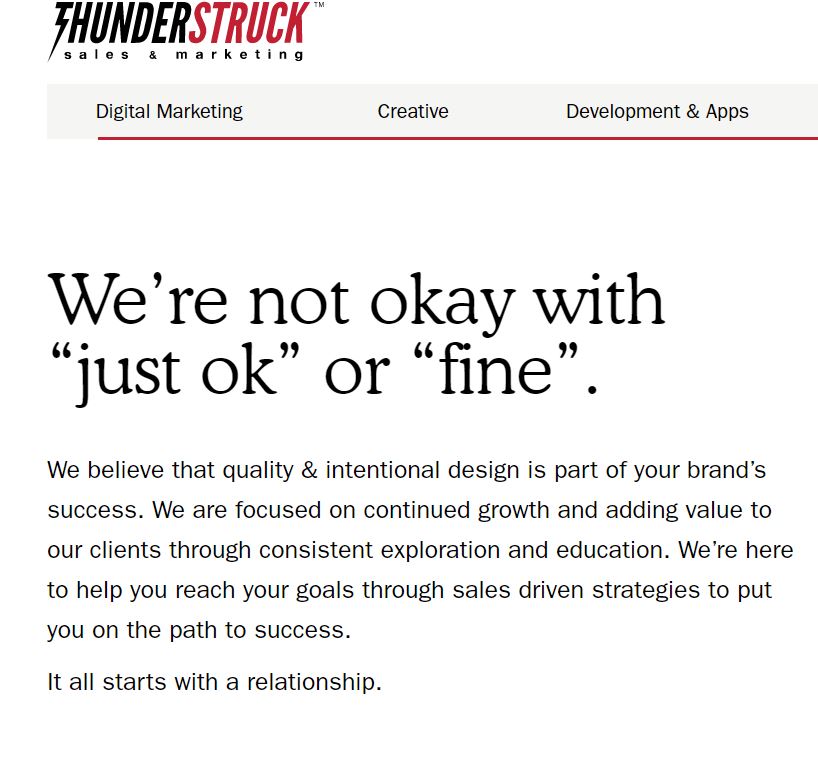
I love the tagline because it suggests that they want to work with clients that really understand the importance of marketing efforts. Ones that want to learn from the pros at Thunderstruck.
The rest of the message is subtle, but straightforward: Only those interested in strategic relationships need to apply.
At this point, I hope I’ve convinced you that an About page is important.
But if you’re still not interested in organic leads, gaining client trust, conveying benefits, and bringing in ideal clients – well, I guess we’re done here!
For all others, let’s go check out what you can do to get an About page working for your business.
What goes on a good About page?
It’s nearly impossible to say exactly what to write for your business. The About page is too versatile a tool and there are too many variables from business to business.
But there are some common denominators that you’ll have to consider.
1. Type of business
For example, this page for photographer Jeremy Chou gives the history of how he became a photographer, but it’s not really about him. It just lets the reader know that he’d rather be taking care of their needs than any other job possible.
Everything on this page, though it seems to be about him, is really designed to let potential clients know they are the most important thing in his life. It also subtly demonstrates he can work with potentially unwilling participants (the groom! *cough*) and still make the experience pleasant.
He probably won’t see many of his clients ever again. So, he has to put them at ease well before they even meet.
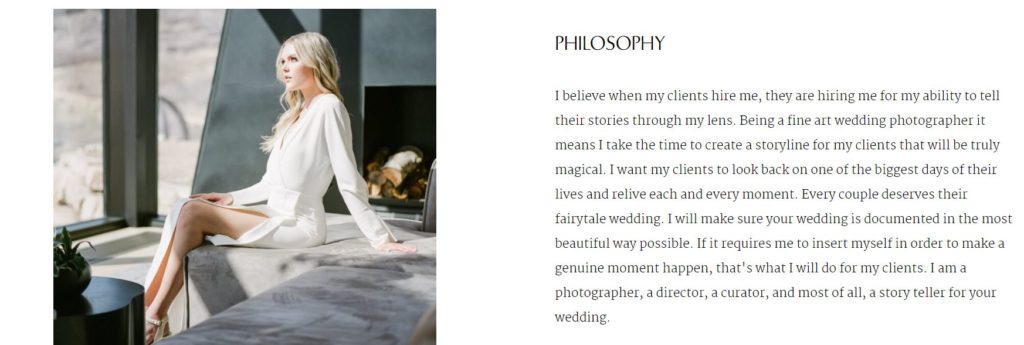
If your business is more transactional, then you probably won’t need the love fest.
You can go more of the Buc-ee’s route. The Texas-based convenience store giant relies on high volume to make it work. So, they don’t push a personal experience, but they do push convenience and quality.
They promise clean bathrooms and plenty of food. No group hugs here, but there aren’t any needed.
If your business is high volume or doesn’t offer personalized service, then you can emphasize features and benefits.
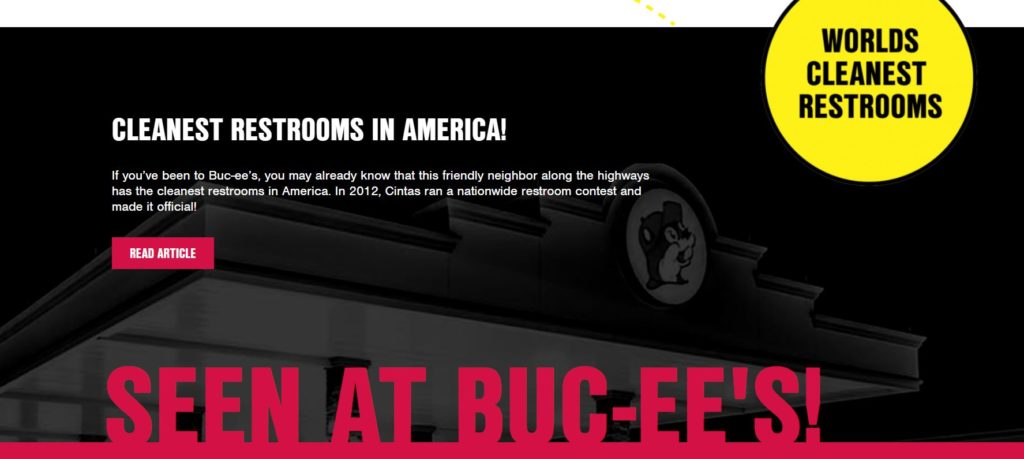
2. What’s important to your customer?
You know your customers and your business better than anyone.
Think about interactions you’ve had with clients. What have been their concerns or worries? What do they absolutely need to see before they would even consider doing business with you?
In technical fields, like medicine or engineering, certifications and degrees go a long way in putting potential customers at ease.
If your team has technical experience and deals directly with customers, you may want to put their photos and biography on the about page, as well. It can establish trust and confidence. You can also put any certifications that might be important.
Be careful when posting your team’s bios. If you have a lot of turnover or a young team still gaining experience, then posting photos and biographies may drive some clients away.
Mission statements and vision statements may be important to your customer. For most non-profits, this is practically non-negotiable.
For-profit businesses may not have to worry so much about it.
When people come to your business website they want your mission to be solving their problem. It’s really that simple.
Your “why” is also negotiable. Like mission statements, non-profits really want to consider establishing this. There’s no direct transaction, so donors want to ensure your why lines up with theirs.
Let’s bounce back to Jeremy Chou and Buc-ee’s. It was super important for the photographer to establish his why. It was part of the rapport-building process.
As for Buc-ee’s why? Who cares? Road-weary travelers just want a restroom that doesn’t look like a war zone and a lot of goodies in the food aisles.
I’m not trying to be harsh. I flippin’ love Buc-ee’s! It’s just that their why isn’t what got me in the door. They are so good, it doesn’t matter why they chose to open such a phenomenal business.
I’m just glad they did.
If you do feel the need to state your why, stay away from phrases like “my business is my passion.” It better be or you shouldn’t be in business.
As much as it pains me to say it, your history is probably the least important thing to your customer. Most businesses can get away with simply saying when they started the business to establish some expertise.
So, unless customers have told you how compelling your history is, or enquired about it often, it probably will just be a distraction. It can even be a turnoff.
Ironically, I find this to be really prevalent in the copywriting field. I’ll see histories that drone on and on.
I see things like:
I’ve wanted to be a writer ever since my mom gave me my first crayon at age two and I ate it. It was purple and tasted like wax. I kept eating crayons for years. But, eventually, I wrote my first word, and then I wrote my first novel at age 5 and then….
Ugh. Nobody cares.
If you are boring or annoying them, the copy is working against you.
Non-negotiables on every About page
So, there are a lot of variables on About pages. But there are some things that hold true for everyone, regardless of industry or intent.
1. Getting tone and voice right
A lot of About pages, especially in technical fields, come across as stuffy.
Regardless of your industry, it’s important that your About page should sound like a conversation, not a speech. It can still be formal like you’re speaking to someone for the first time, but it shouldn’t sound robotic.
Even though most About pages are written by copywriters who haven’t interviewed you and don’t have much knowledge of the industry, you should still have editorial control. If it sounds too stiff, send it back.
If you have a close relationship with clients, ask them to read it and give you some feedback. Remember, one of the main goals of the About page is to make your potential client comfortable.
2. Every feature should have a benefit
The bottom line is this. Your About page exists to make the client happy. Anytime you talk about yourself or your business, it should be done in the context of how that helps the client.
So, if you post a biography to establish expertise, you’d better be sure your customer understands how that helps them. If you talk about your reasons for starting your business, the end result should point to the reason being the customer.
You see where I’m going with this. Your mission, your history, those are all features. Everybody states their features. Differentiate yourself from the competition by explaining how those features help the customer.
So, writing a good About page has the potential to yield huge dividends for you with very little investment.

I’d love to hear your feedback and any questions you might have so please don’t hesitate to contact me below or simply drop me a line at ted@daiglecopy.com
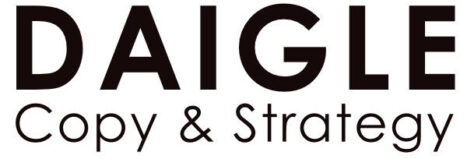
I need to to thank you for this good read!! I certainly enjoyed every bit of it. I have you saved as a favorite to look at new things you postÖ
I would like to thank you for the efforts you have put in penning this website. I really hope to check out the same high-grade content from you later on as well. In truth, your creative writing abilities has motivated me to get my very own site now 😉
Pingback: Your bio is hurting you. Here’s how to fix it |